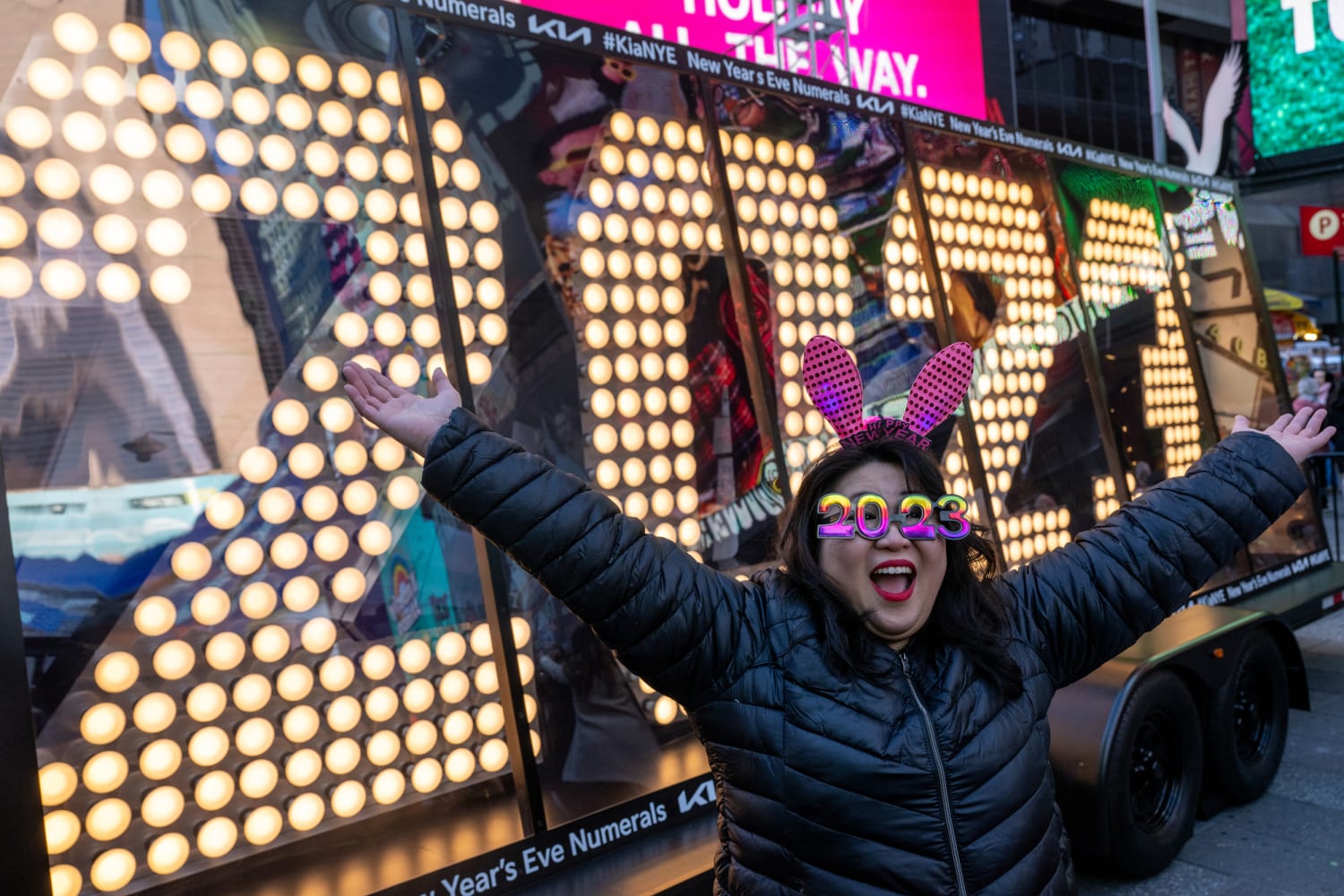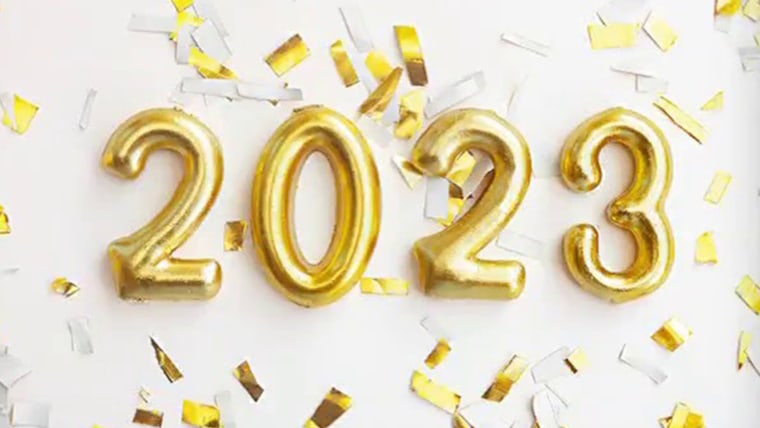My heart sank as I read a post in a Facebook group celebrating another writer’s book deal — a dream project so similar to the one I want to pursue and with one of the biggest advances I’ve ever seen. I immediately criticized myself, ashamed that my own proposal sat in a Google doc half-completed. I tried to silence intrusive thoughts about my lack of worth by scrolling down the page, but my feed was full of lists my peers had compiled to showcase their best and favorite work of 2022. My inner critic re-emerged, racing to comparison and judgment: My rates are too low, my bylines aren’t as impressive, my success isn’t consistent, I’ll never achieve the rest of my goals, and I need to fix this.
“Shut up!” a voice from inside me bellowed aloud, shocking my brain to a standstill. It was like the indignant outburst of a tween. And she was defending me.
We tend to view younger versions of ourselves as immature and incomplete and as someone to let go of as we evolve. But those kids inside us are holding on to pieces of ourselves we may need back to become the people we still hope to grow into.
As each new year emerges, I reflect on the year before and beat myself up about what didn’t work out. Although my resolutions appear healthy on the surface, they are, more truthfully, the product of that anxiety.
I’m not the only one who sets goals this way. Many of us will look forward to the changes we want to make for 2023 and set intentions rooted in our regrets, fears and shame. In those moments, maybe we all need someone to defend us from ourselves. That someone might be a younger version of you, begging for a chance to share their insight.
I know it might sound laughable. When my therapist asks me to comfort my inner child, I typically want to roll my eyes. “What do you think she needs to hear from you?” I’m asked. These thought experiments have always felt foolish as I struggle to visualize myself as a pre-teen and to externalize the dialogue. I never thought I’d feel connected to that age again — until that voice showed up unannounced during a moment of a downward spiral.
Now I find myself wondering, “What do I need to hear from her?” It feels like she wants to let out a gut-wrenching cry, slam all the doors and cuss at me. If I weren’t listening closely, I’d misconflate that middle schooler’s loud, hormonal raging with the berating rants of my inner critic, but her fierce attitude and frustration don’t seem to come from angst and disgust. It’s a raw and honest act of self-love.
My family has a tradition every December — a monthlong nightly ritual with journaling prompts, therapeutic activities and encouraging gifts. It’s a time to be gentle with ourselves and one another as we contemplate what we love about our lives and what should shift in the year to come.
But during a recent exercise meant to help us think about how we’d nurtured our passions and values this year, I easily listed dozens of perceived failures, personal shortcomings and missed opportunities without identifying any of my strengths and progress. As my wife and kids shared some of their proudest moments, I was startled by my inability to even remember my success. I’d forgotten it entirely, reducing any growth or achievement to a shrug and convincing myself that this year’s wins weren’t worth celebrating.
This isn’t a new habit. Every time I set a goal, I raise the bar as soon as there’s a triumph — creating a pattern that ignores my joy or peace and replaces it with the instant pressure to one-up myself. It feels like I’m in a never-ending race against an unbeatable opponent, and efforts to catch up have left me in a dark depression whenever I can’t gain ground.
I think it’s because parts of my life were placed on pause while others fast-forwarded. I was a teen parent and spent most of my 20s trying to find the money to continue college while enduring hardships and traumas the younger versions of myself couldn’t ever imagine or comprehend. Many of my lifelong goals felt out of reach or irrelevant while I was trying to survive. Now that I’ve finally started accomplishing some of them, it’s hard to recognize and enjoy those achievements. Instead of excitement, I often just feel relieved that the urge to do something meaningful is temporarily muted.
I’ve felt more hopeless in the isolation of my stress throughout the last few months than I ever felt as a lonely tween, and I worry that a younger iteration of myself would be disappointed in what my life has been and who I’ve become.
Lately, I’ve been overwhelmed by my body, my deadlines, my home and my relationships. This sounds a lot like seventh grade again, but with additional concerns — like a newly diagnosed disability, the evasive work-life balance and kids to manage within a marriage that ebbs more than it flows these days. Even mundane stressors are amplified by adulthood. I’ve felt more hopeless in the isolation of my stress throughout the last few months than I ever felt as a lonely tween, and I worry that a younger iteration of myself would be disappointed in what my life has been and who I’ve become.
But she probably just feels a bit abandoned.
Perhaps it’s because age 12 was a time when I actually felt sure of myself and didn’t strain to keep up with others. As some girls retreated inward or nervously went along with the status quo, I was a mouthy vegetarian who argued with my uncles about the war in Iraq. When matching sweatsuits and straightened hair ruled the school’s hallways, I defiantly wore oversized hoodies, and when my peers experimented with makeup, I pledged not to clog my pores with it. My confidence, convictions and rebellion insulated me in a way, protecting me from the dangers of conforming to social norms. At the time, I thought I’d never change.
But we all eventually leave pieces of ourselves behind over the years as we morph into something new to fit in or survive. Continuing to do that has made me more self-conscious than I ever was when I was younger. Today, I can identify my values when it comes to human rights and justice issues, but it’s harder to recognize and live in those same values as they relate to me. That 12-year-old girl has a better gauge of my self-worth.
In therapy, I’m told to seek internal wisdom to find authenticity. Right now, that tween is my wisest teacher, whose first lesson was a simple demand that I try to respect myself again. Her persistent nudging has guided me to let go of the expectations I have for the new year and will allow me to embrace whatever each month brings as it passes. I just have to remember to listen to her.
We tend to view younger versions of ourselves as immature and incomplete and as someone to let go of as we evolve. But those kids inside us are holding on to pieces of ourselves we may need back to become the people we still hope to grow into.
I’ve been held hostage by self-loathing and perfectionism in recent years, but thanks to my inner tween, next year’s resolutions are all about liberation. I will go swimming with friends even though I feel nervous in my swimsuit. I will submit my book proposal even though I’m scared of rejection. I will celebrate my joy even though I feel like I should deny it.
Source: | This article originally belongs to Nbcnews.com










